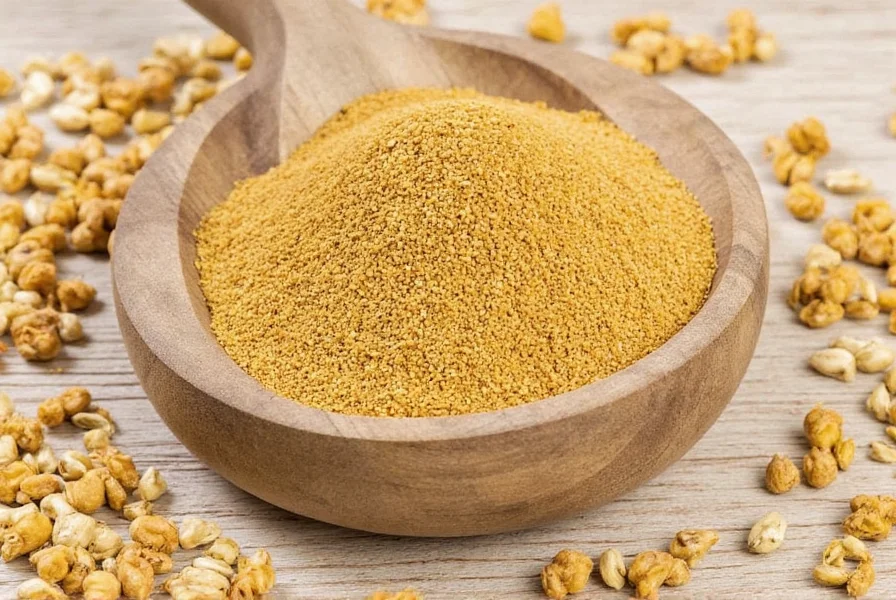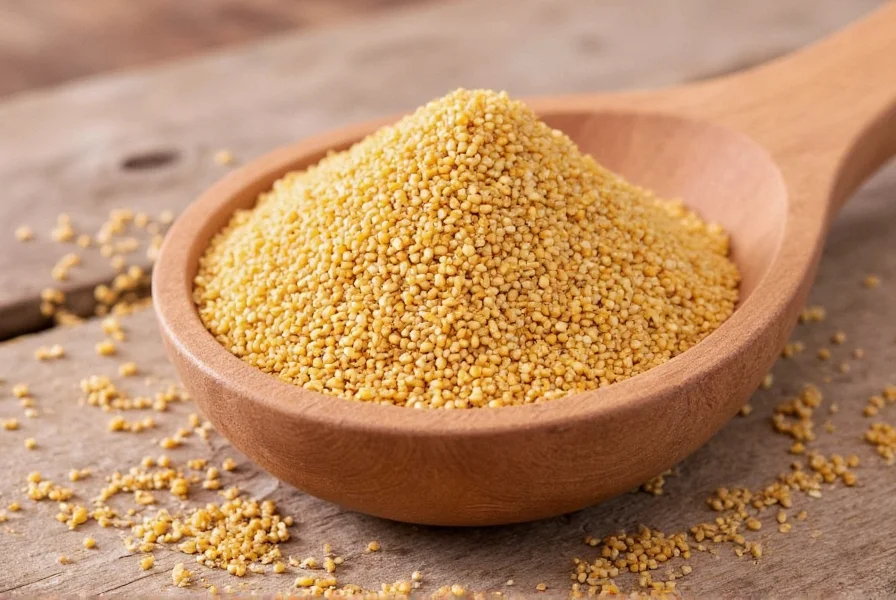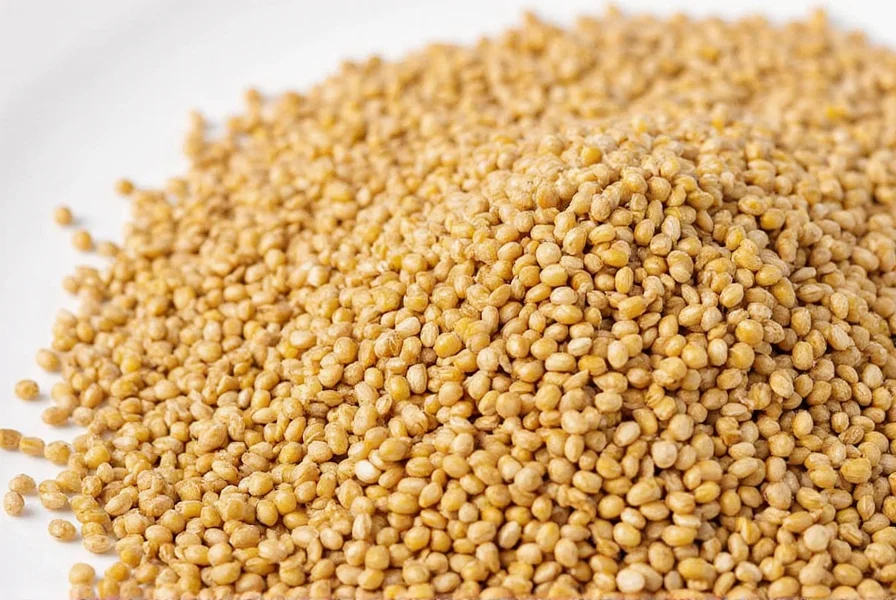Fenugreek, with its distinctive maple-like aroma and numerous culinary and wellness applications, has become increasingly popular among home cooks and health-conscious consumers. Whether you're looking for seeds to use in curry recipes, powder for baking, or supplements for wellness purposes, knowing where to buy quality fenugreek matters for both flavor and potential benefits.
Understanding Your Fenugreek Purchase Options
Before exploring where to buy fenugreek, it's helpful to understand the different forms available. Fenugreek comes in several varieties that serve different purposes:
- Whole seeds - Ideal for tempering in Indian cooking or sprouting
- Ground powder - Convenient for recipes requiring immediate use
- Capsules and tablets - Standardized supplements for consistent dosing
- Tea blends - Often combined with other herbs for specific wellness purposes
- Extracts and tinctures - Concentrated liquid forms
Your intended use should guide which form you purchase and where you shop. For culinary applications, physical stores often provide fresher options, while supplements typically require more research regardless of purchase location.
Physical Retail Locations for Fenugreek
Grocery Stores and Supermarkets
Most major grocery chains now carry fenugreek in their international or spice sections. Walmart, Kroger, Publix, and Albertsons typically stock fenugreek seeds in the Indian food aisle or bulk spice section. Whole Foods Market offers organic fenugreek seeds and powder in both pre-packaged and bulk formats. When purchasing from supermarkets, check expiration dates and look for opaque packaging that protects the seeds from light, which can degrade quality.

Ethnic Markets
Indian, Middle Eastern, and Mediterranean grocery stores remain the best sources for fresh, high-quality fenugreek seeds. These specialty markets often sell fenugreek in bulk, allowing you to purchase exactly what you need while inspecting the product's quality. Look for seeds that are uniform in color (light to medium brown), firm to the touch, and free from moisture or musty odors. Many Indian markets also carry fresh fenugreek leaves (known as methi), which are seasonal but highly prized in traditional cooking.
Health Food Stores
Natural food retailers like Sprouts, The Vitamin Shoppe, and local health food stores typically offer both culinary fenugreek and supplement forms. These locations often carry organic options and can provide guidance on proper usage. Staff at specialty health stores generally have more product knowledge than general grocery staff, making them valuable resources when determining which fenugreek product best suits your needs.
Online Purchasing Options
Major E-commerce Platforms
Amazon, eBay, and Walmart.com offer numerous fenugreek options with customer reviews that can help assess quality. When buying fenugreek online through these platforms, pay close attention to:
- Seller ratings and feedback history
- Product origin information
- Expiration or "best by" dates
- Storage conditions mentioned by the seller
- Number of customer reviews and their content
| Online Retailer | Best For | Price Range (per pound) | Shipping Notes |
|---|---|---|---|
| Amazon | Variety of brands and forms | $8-$25 | Prime eligible options available |
| iHerb | Organic supplements | $10-$30 | International shipping options |
| Mountain Rose Herbs | Organic culinary seeds | $12-$22 | Carbon-neutral shipping |
| Starwest Botanicals | Professional-grade quality | $9-$20 | Bulk discounts available |
Specialty Herb and Supplement Retailers
Dedicated herb suppliers often provide higher quality fenugreek with better traceability. Reputable companies like Mountain Rose Herbs, Starwest Botanicals, and Frontier Co-op specialize in herbs and spices with transparent sourcing practices. These retailers typically provide detailed information about where their fenugreek is grown, harvesting methods, and testing procedures. While prices may be slightly higher than mass-market options, the quality and freshness are generally superior, especially for culinary applications where flavor matters.

Key Considerations When Buying Fenugreek
Quality Indicators to Look For
Whether purchasing online or in-store, certain quality markers distinguish superior fenugreek products:
- Color - Fresh seeds should be golden to light brown (darker indicates age)
- Smell - Should have a sweet, maple-like aroma (musty smell indicates moisture damage)
- Texture - Seeds should be hard and not crumble when pressed
- Uniformity - Consistent size and color indicates proper processing
- Packaging - Opaque, airtight containers protect from light and moisture
Organic vs. Conventional Options
Organic fenugreek typically costs 20-40% more but avoids pesticide residues and supports sustainable farming practices. For culinary use, organic makes a noticeable difference in flavor purity. For supplements, organic certification ensures the product meets stricter growing standards. When organic isn't available or budget-friendly, look for products tested for contaminants regardless of certification status.
Understanding Supplement Labels
If purchasing fenugreek supplements, proper labeling is crucial. Look for:
- Standardized extract percentages (e.g., "contains 50% fenuside")
- Third-party testing verification (USP, NSF, or ConsumerLab seals)
- Clear dosage information
- Complete ingredient list
- Manufacturer contact information
Verifying Product Authenticity
Unfortunately, herb adulteration occurs in the marketplace. To verify you're getting genuine fenugreek:
- Perform a simple water test: authentic fenugreek seeds will develop a sticky coating when soaked
- Check for consistent flavor - real fenugreek has a distinctive bitter-sweet taste
- Look for products with traceability information (country of origin, harvest date)
- Consider purchasing from retailers who publish third-party lab results
Reputable sellers welcome questions about their sourcing and testing procedures. Don't hesitate to contact customer service with specific questions about their fenugreek products before purchasing.
Proper Storage After Purchase
Where you buy fenugreek matters less if you don't store it properly afterward. To maximize shelf life:
- Transfer seeds to airtight glass containers away from light
- Store in a cool, dark place (not next to the stove or oven)
- Whole seeds maintain potency for 2-3 years; ground powder lasts 6-12 months
- Refrigeration extends shelf life but requires careful moisture control
- Check periodically for moisture, mold, or loss of aroma
Frequently Asked Questions
Where can I find fresh fenugreek leaves near me?
Fresh fenugreek leaves (methi) are primarily available at Indian and Middle Eastern grocery stores, especially during cooler months when the plant grows best. Larger metropolitan areas with significant South Asian populations often have these stores carrying fresh leaves. Some farmers' markets may offer them seasonally. If unavailable locally, dried fenugreek leaves (kasuri methi) provide a concentrated alternative available year-round at specialty spice shops.
What's the difference between buying fenugreek at a regular grocery store versus a specialty herb shop?
Regular grocery stores typically carry basic fenugreek products with limited variety and potentially older stock due to slower turnover. Specialty herb shops usually offer fresher products, multiple varieties (including organic options), and knowledgeable staff who can provide usage guidance. Specialty retailers often source directly from growers, resulting in better quality control and more detailed product information about origin and harvest dates.
How can I verify if online fenugreek sellers are reputable?
Check for clear company information including physical address and contact details, look for third-party testing documentation, read customer reviews focusing on product quality comments, verify secure website practices (HTTPS), and see if they offer a satisfaction guarantee. Reputable sellers welcome questions about their sourcing and testing procedures and typically provide detailed product information beyond basic marketing claims.
Is it better to buy whole fenugreek seeds or powder?
Whole seeds maintain their flavor and potency significantly longer than pre-ground powder. For best results, purchase whole seeds and grind them as needed using a dedicated spice grinder. If convenience is essential, buy smaller quantities of powder and store it in an airtight container away from light and heat. The flavor difference between freshly ground and pre-ground fenugreek is substantial, especially in delicate dishes where the herb's nuanced flavor matters.
What should I look for when buying fenugreek supplements?
Look for supplements with standardized extract information, third-party testing verification (USP, NSF, or ConsumerLab seals), clear dosage instructions, complete ingredient lists, and manufacturer contact information. Reputable brands will specify the concentration of active compounds like fenuside or diosgenin. Avoid products with exaggerated health claims or proprietary blends that don't disclose exact amounts of each ingredient.











 浙公网安备
33010002000092号
浙公网安备
33010002000092号 浙B2-20120091-4
浙B2-20120091-4